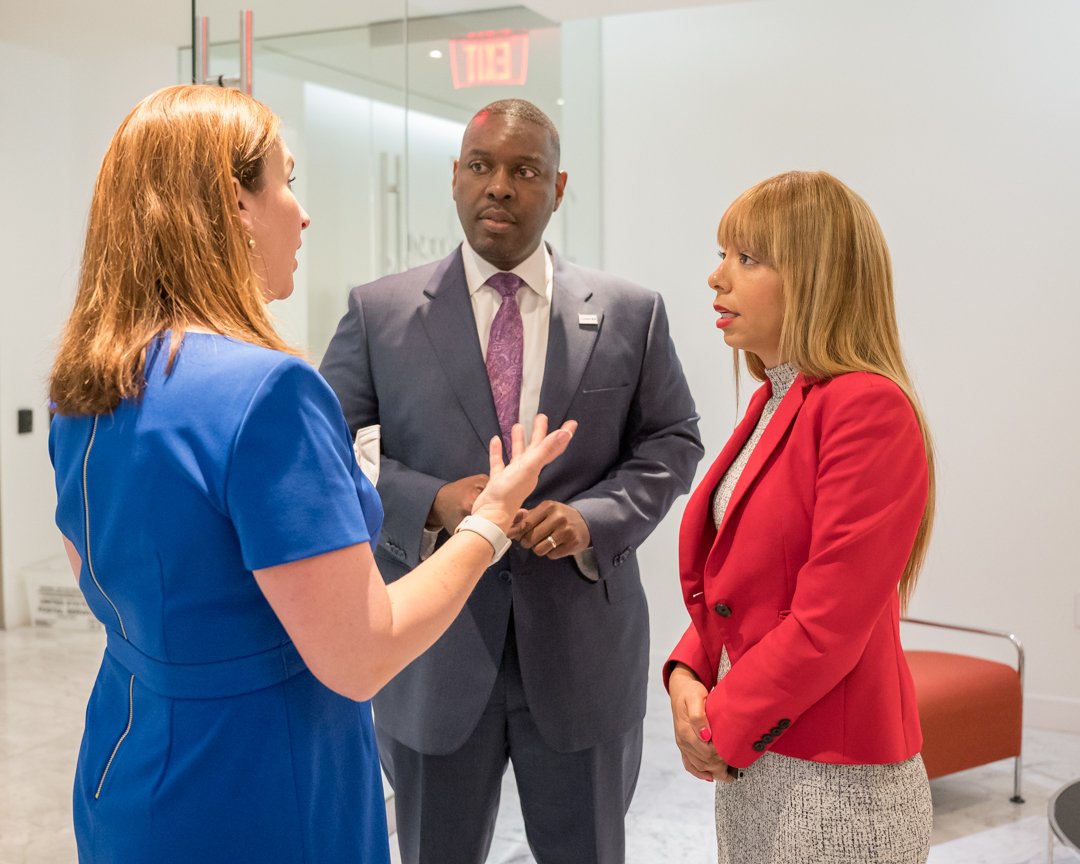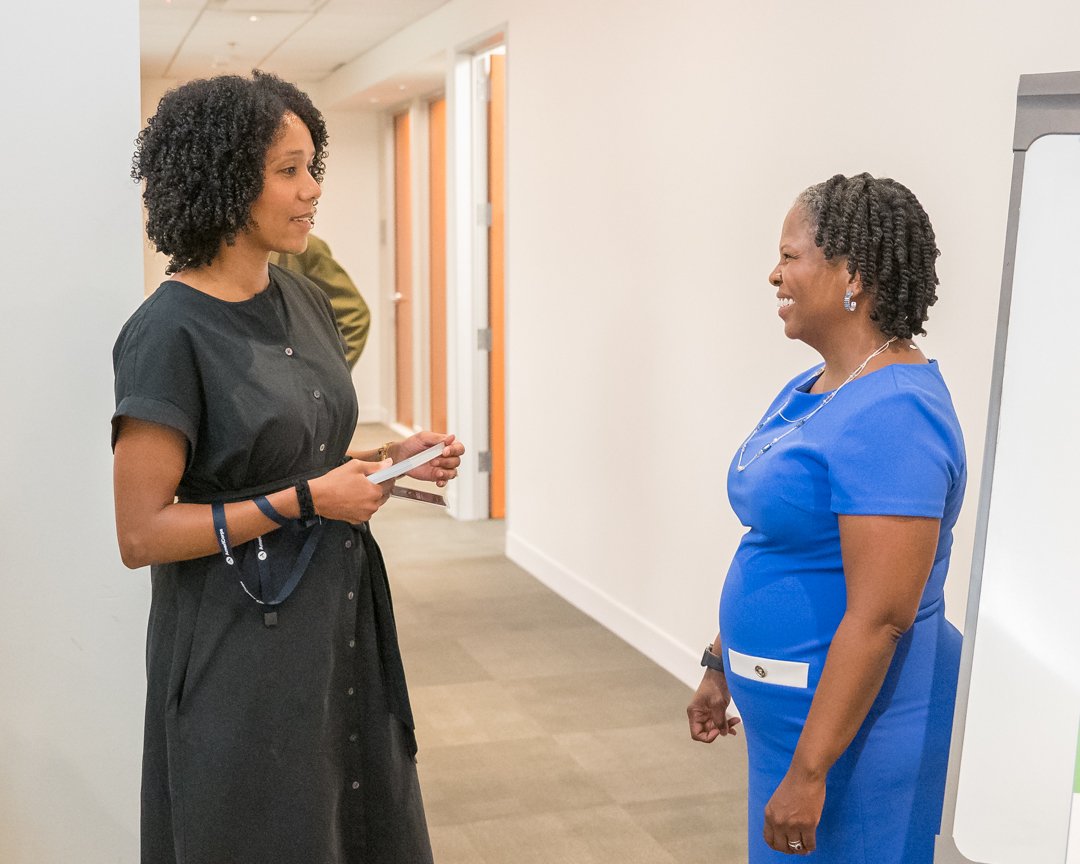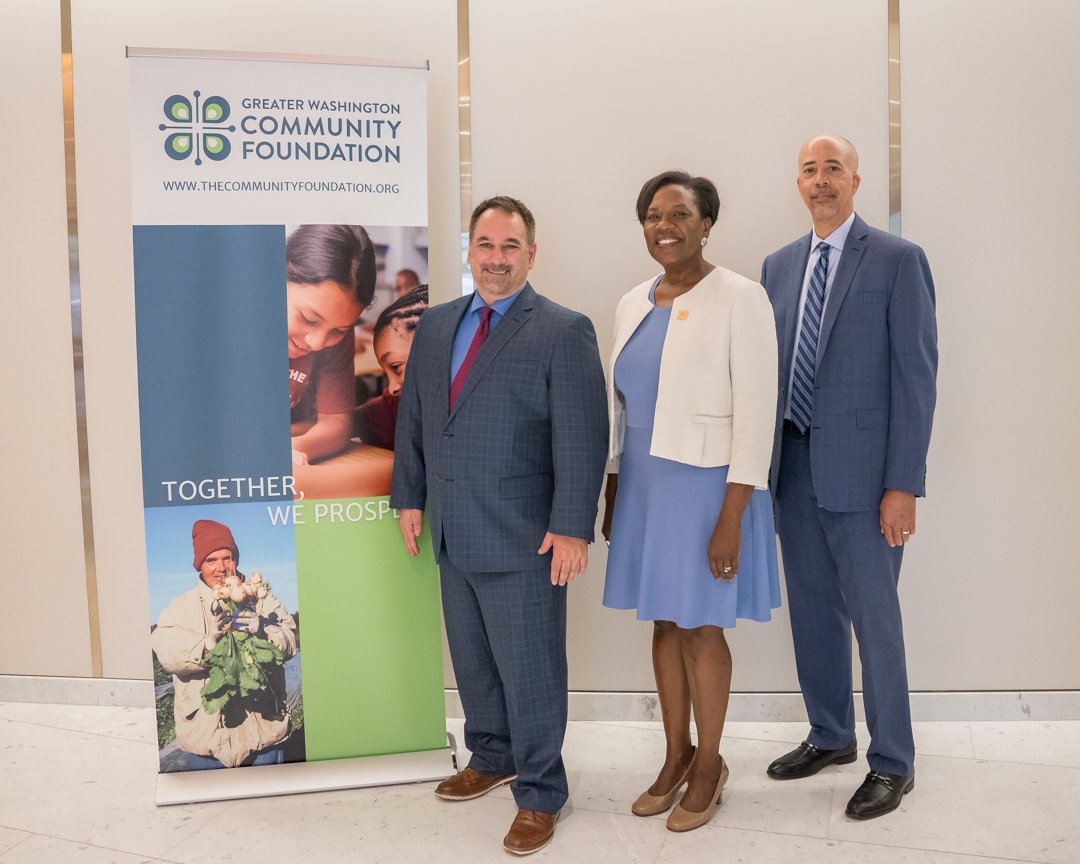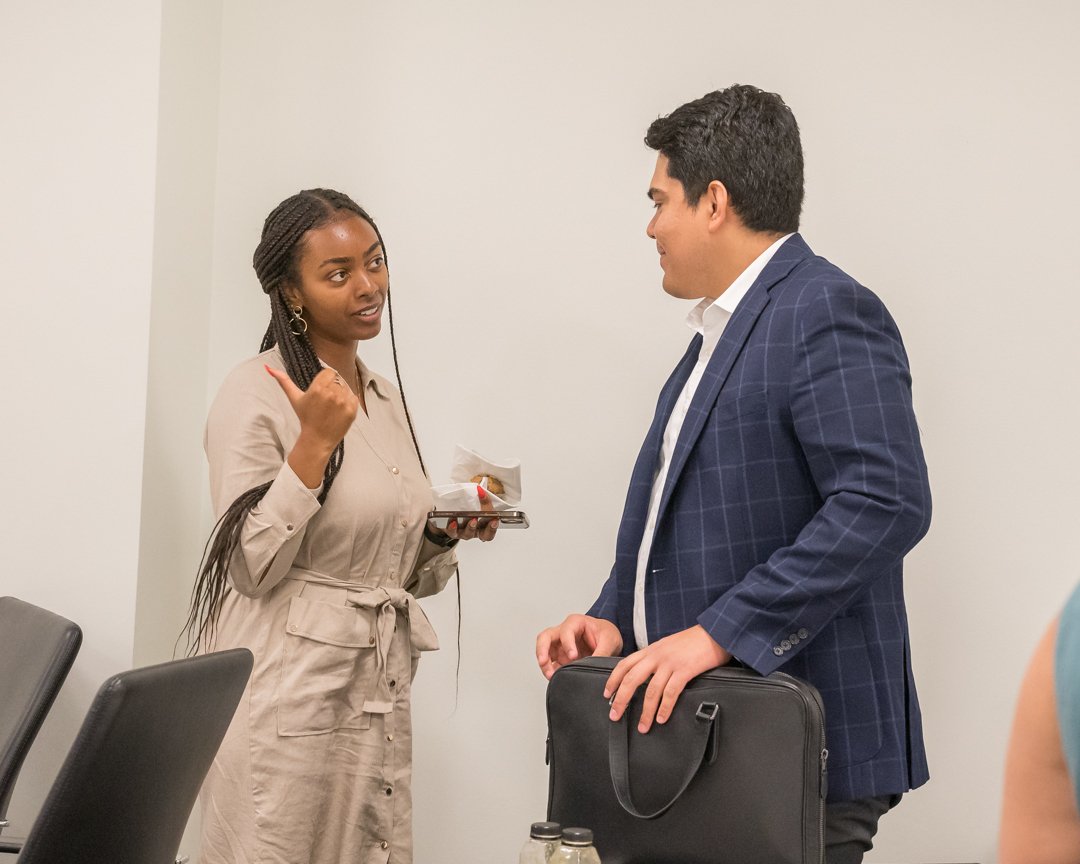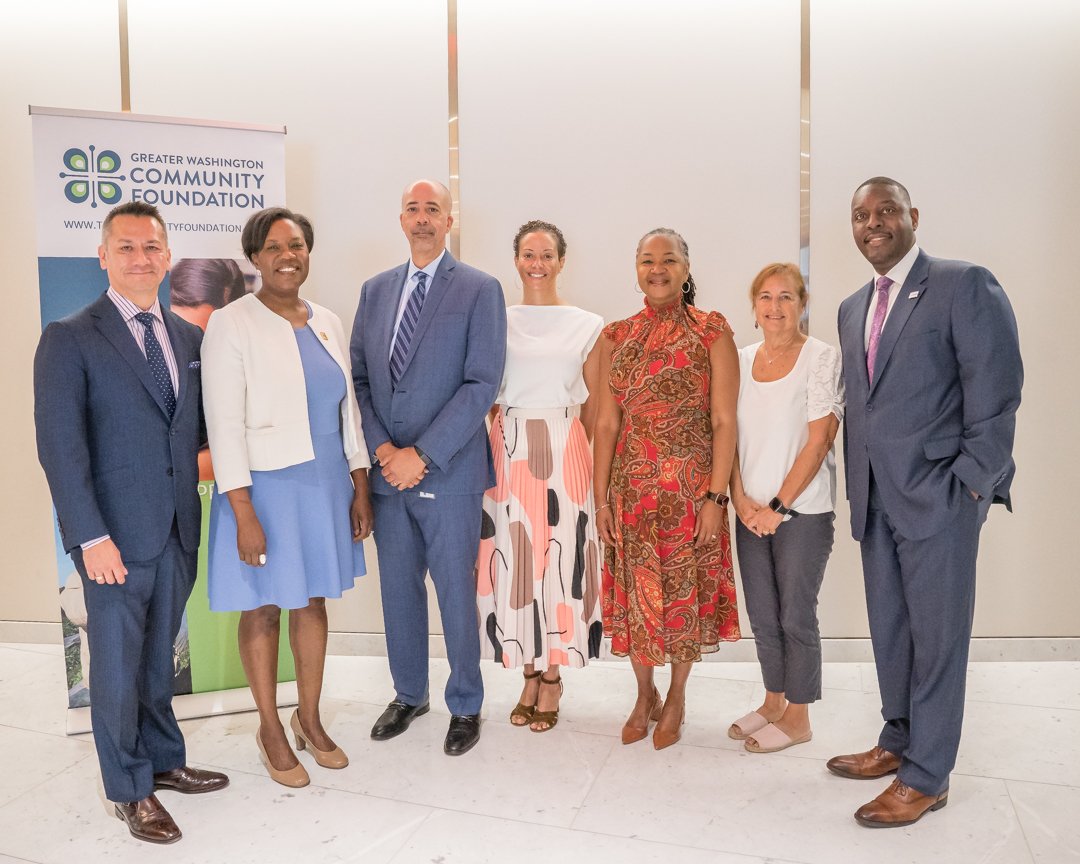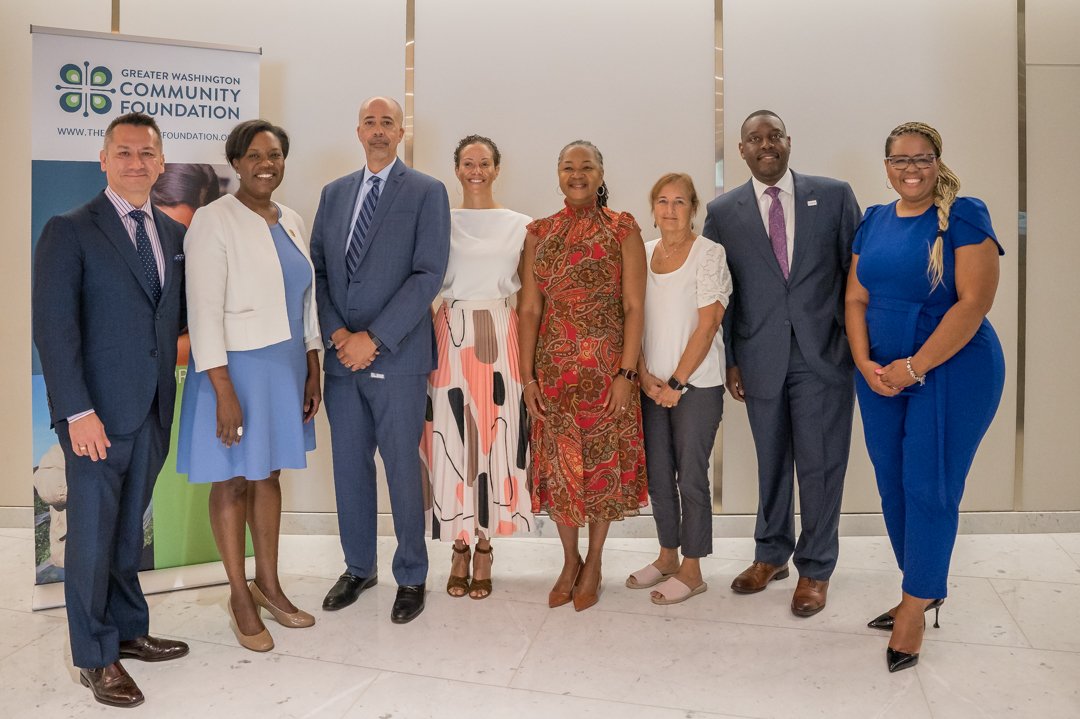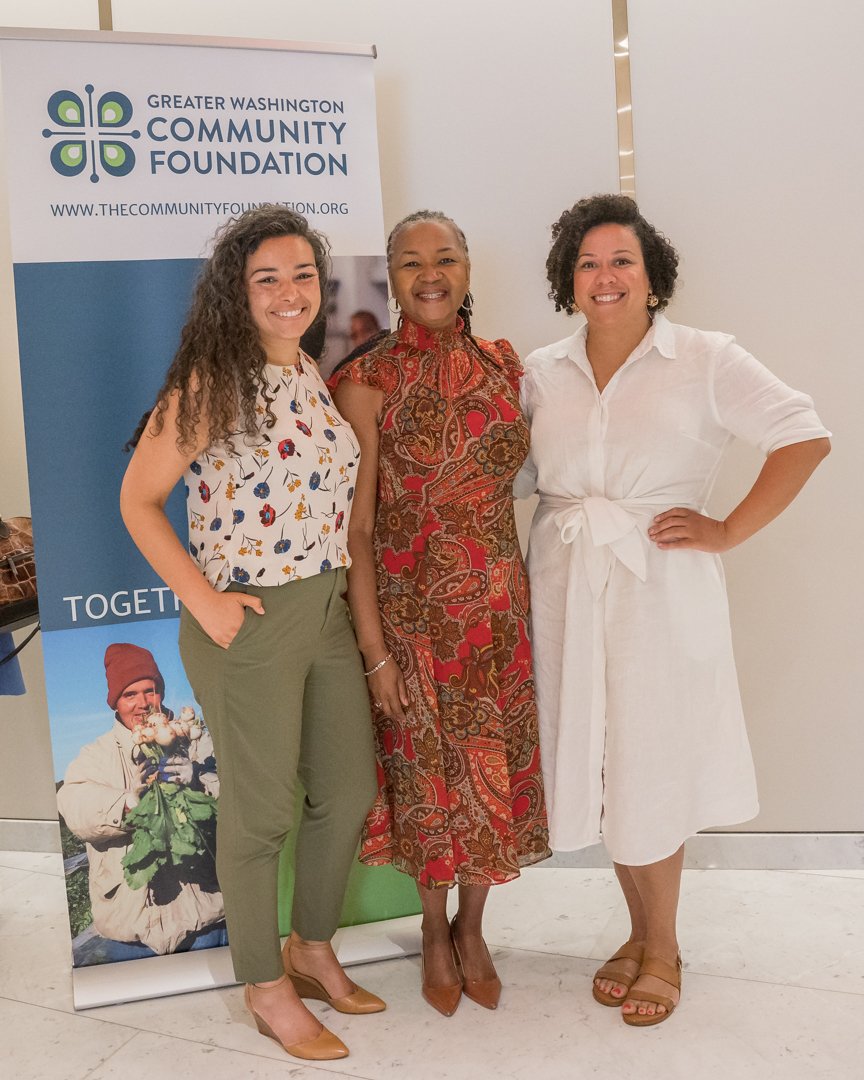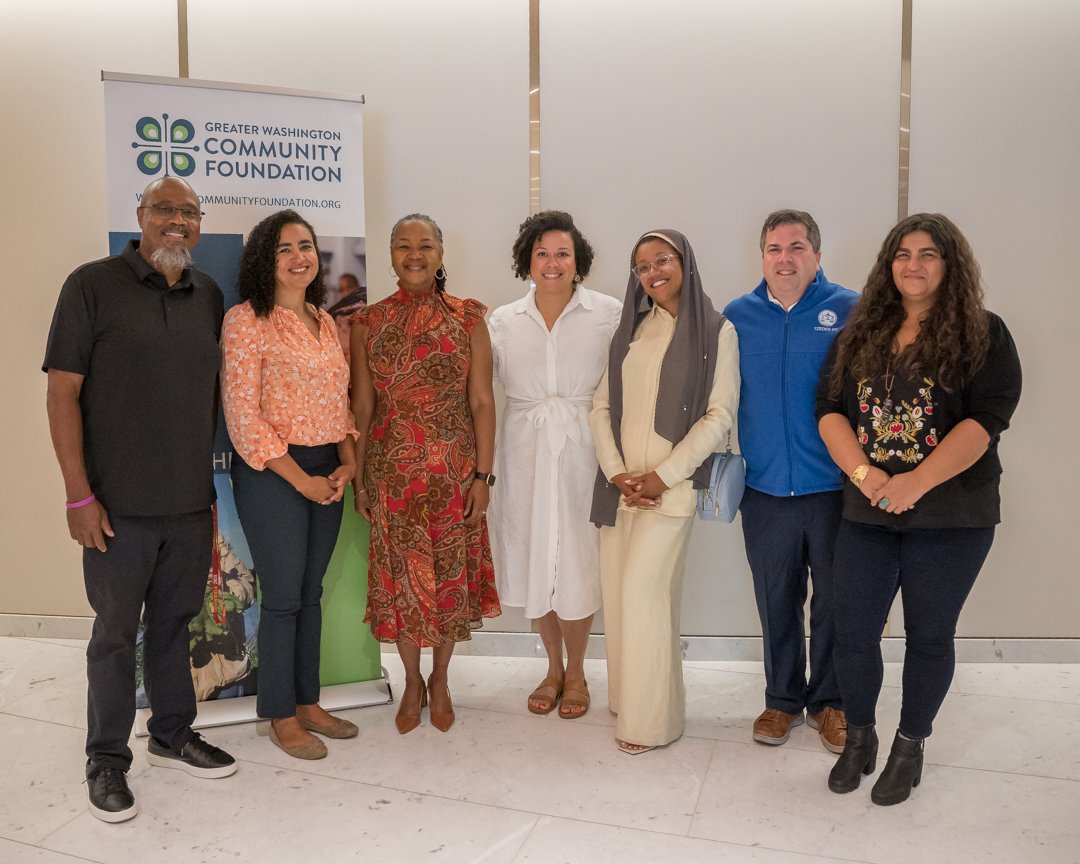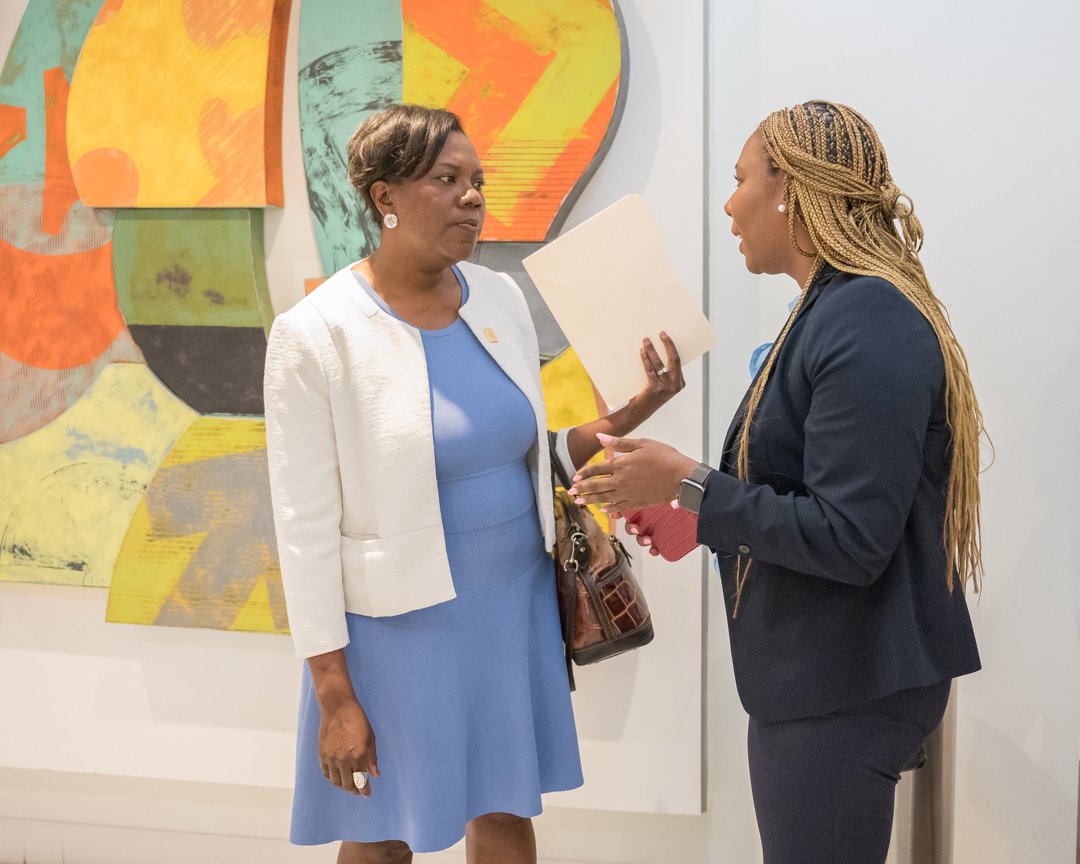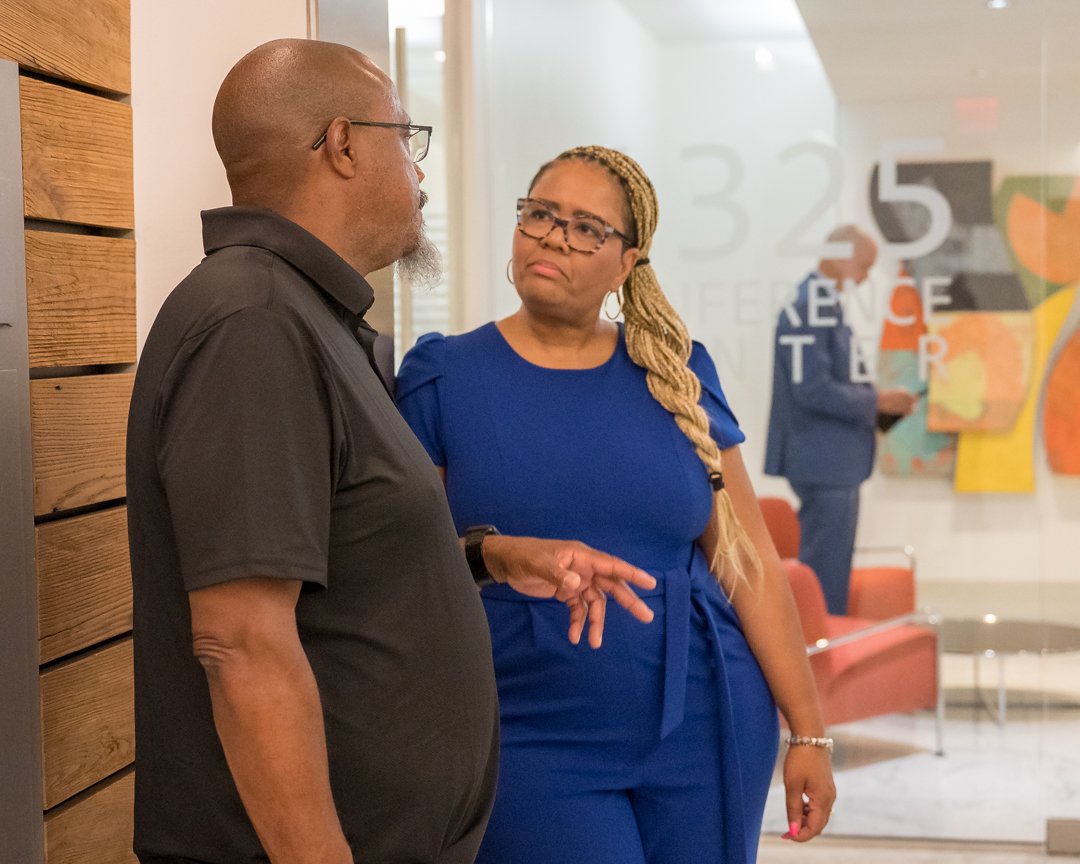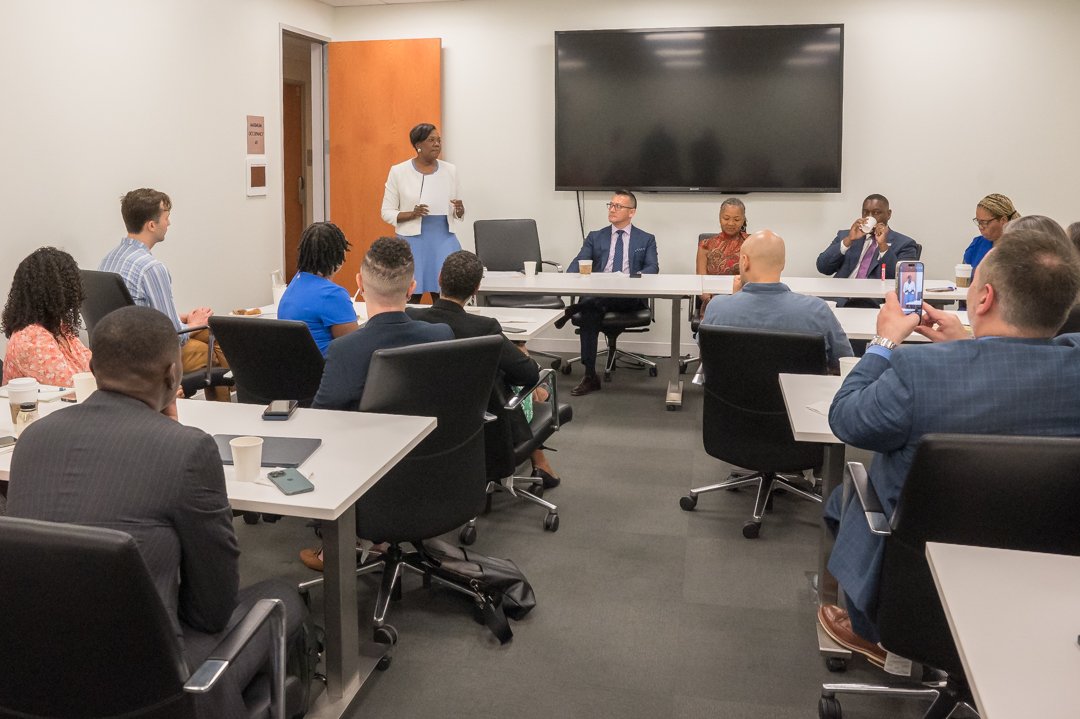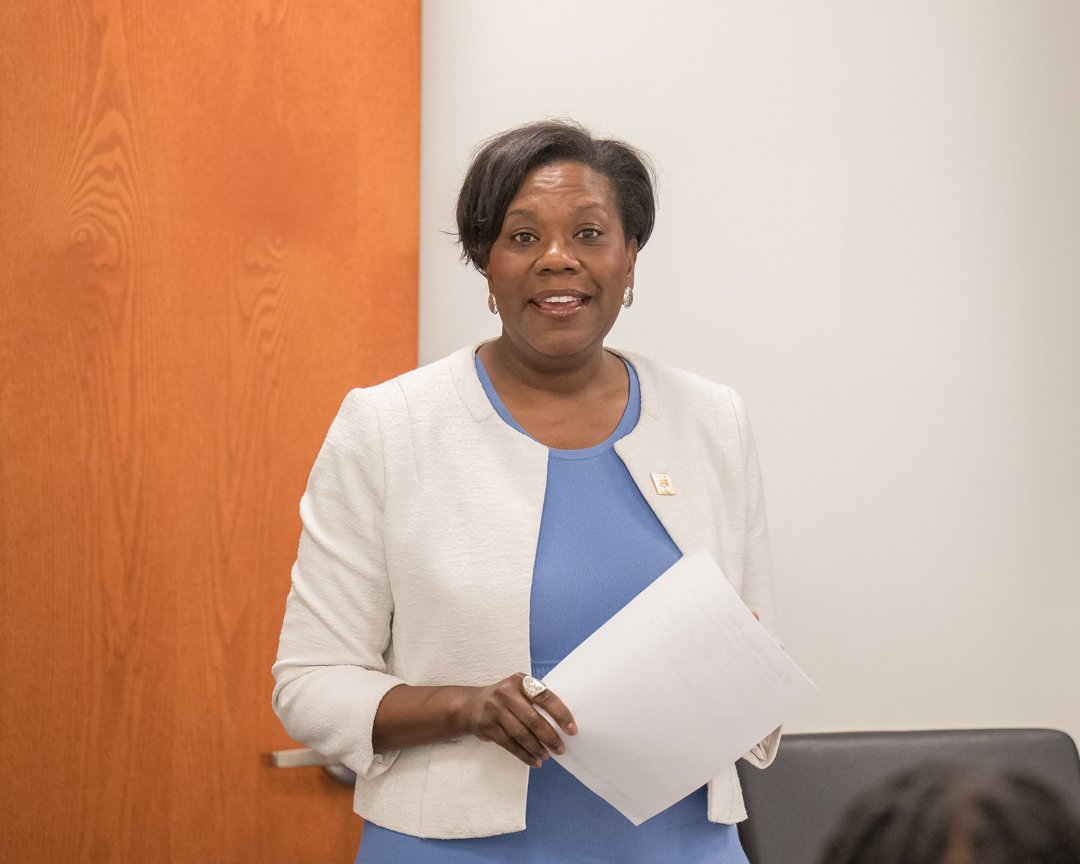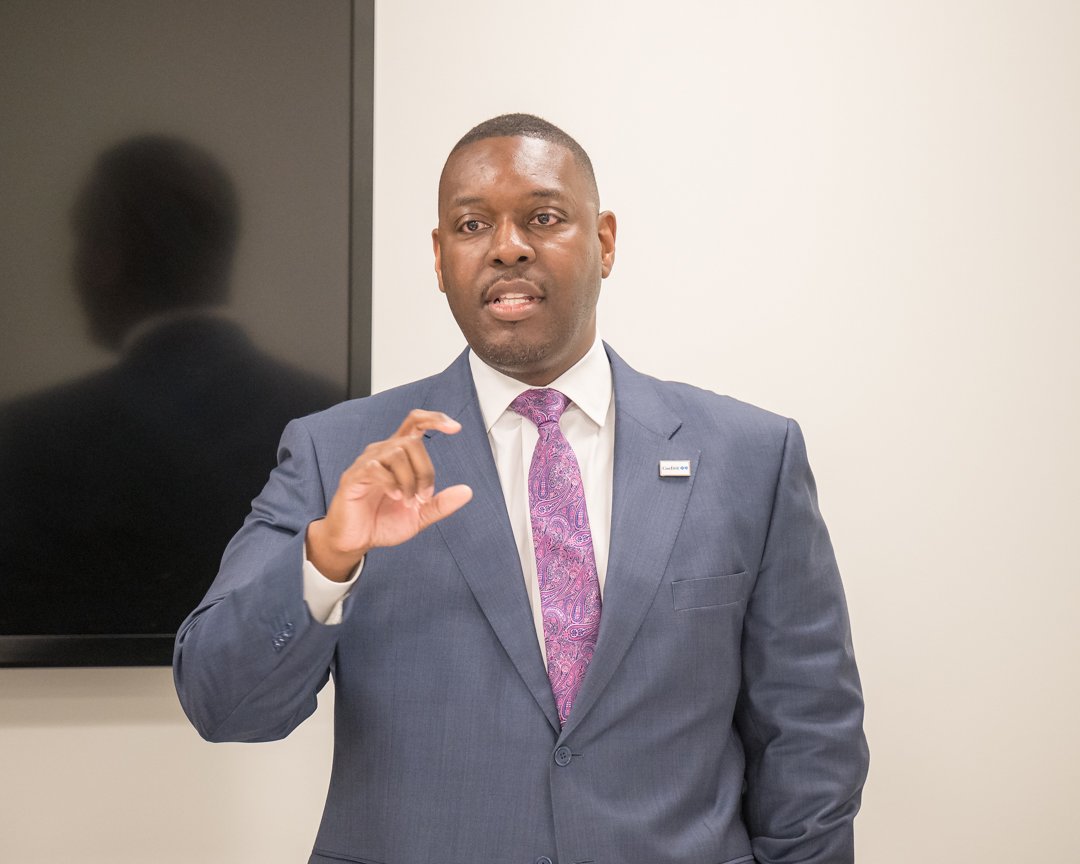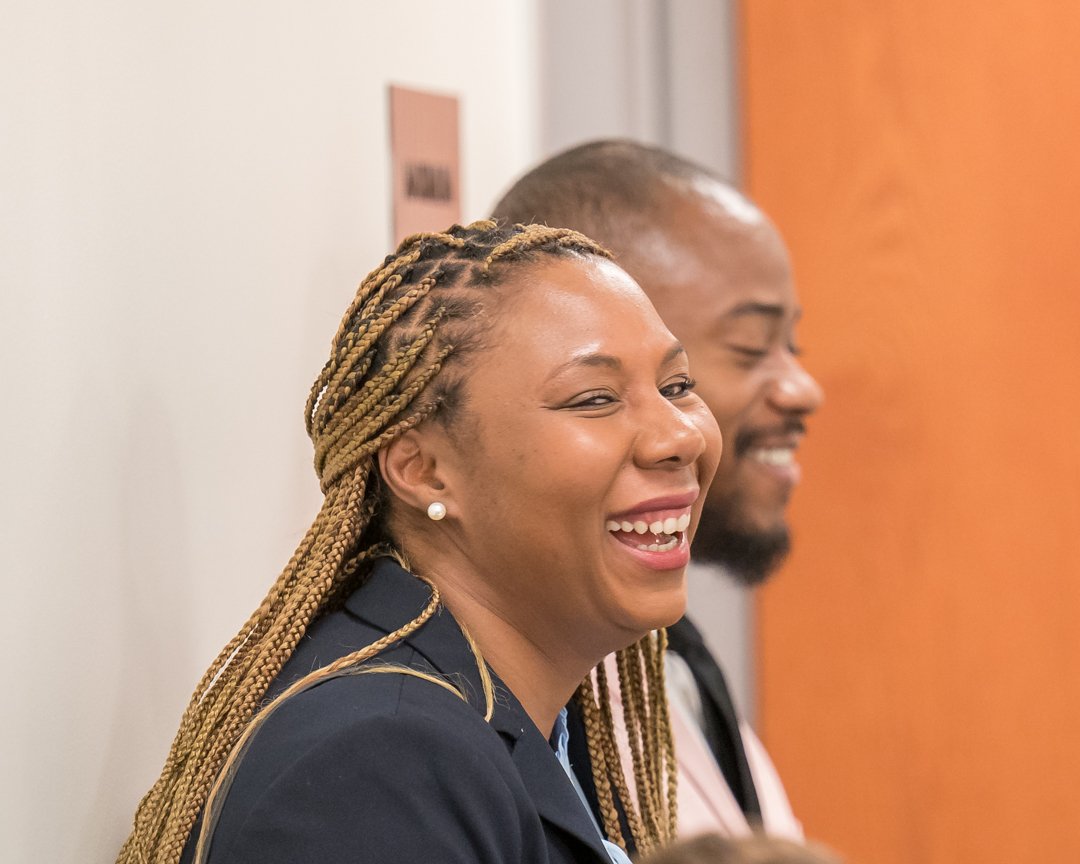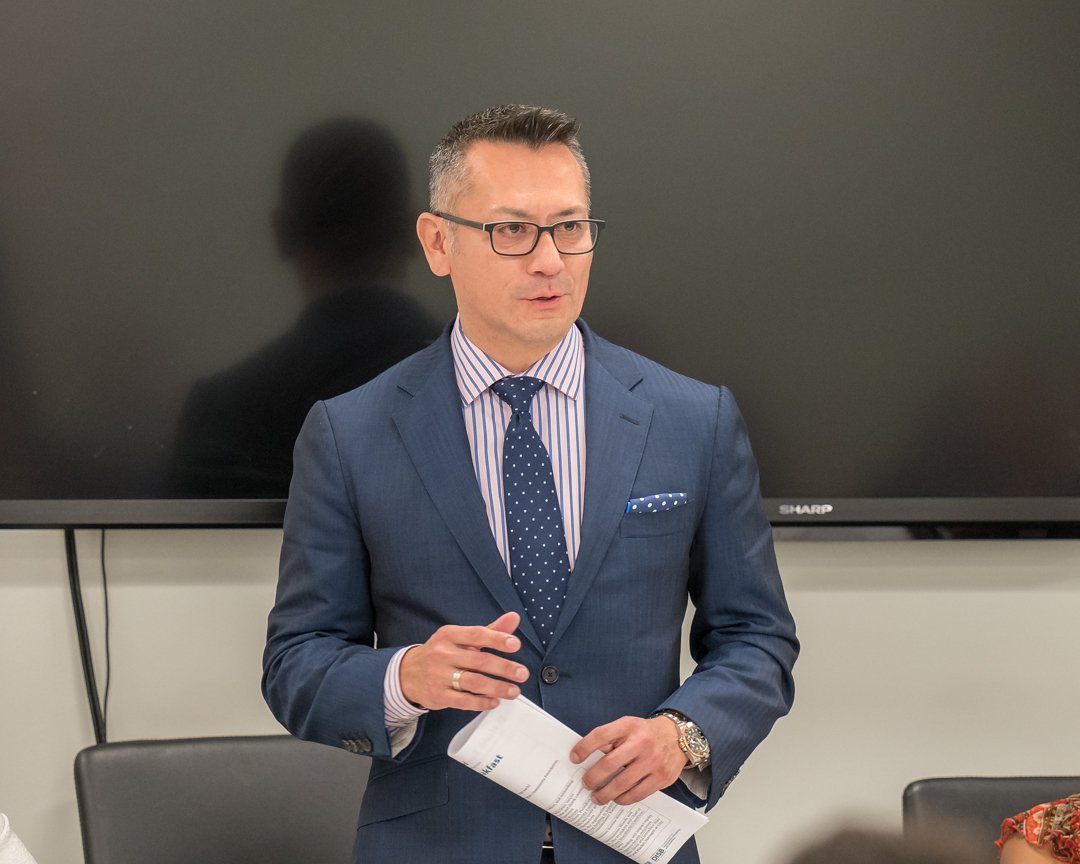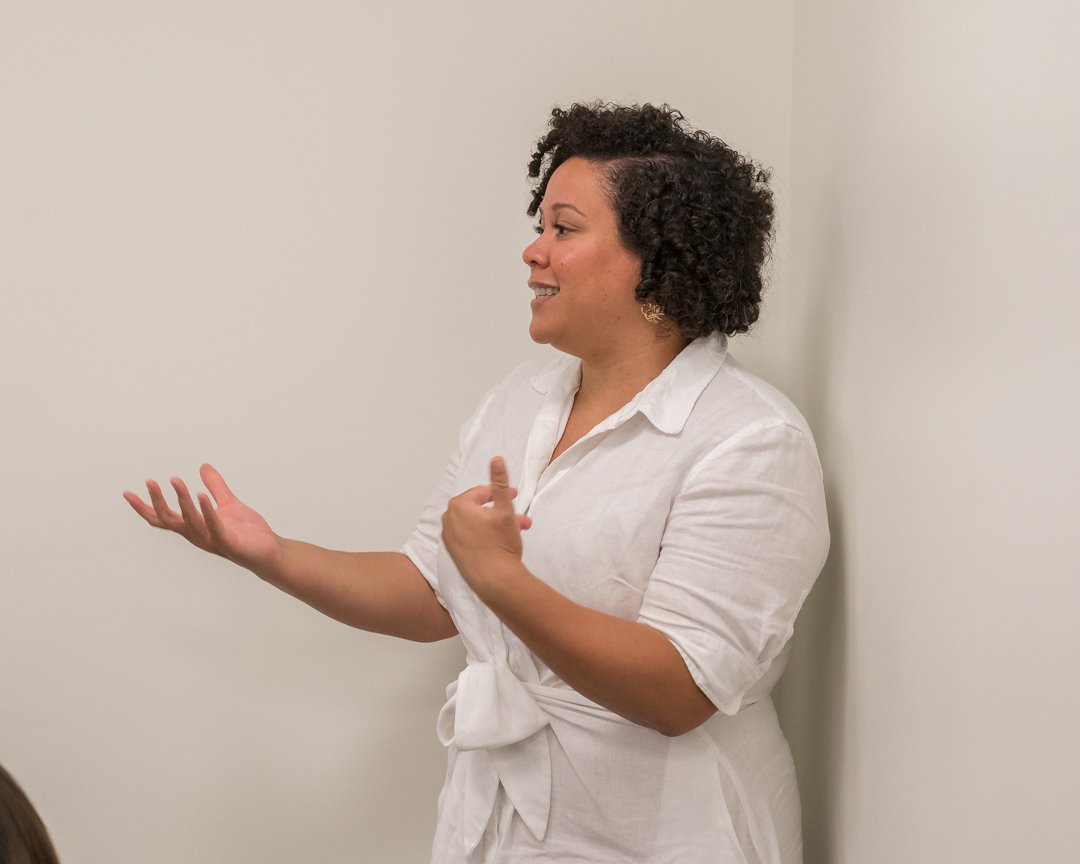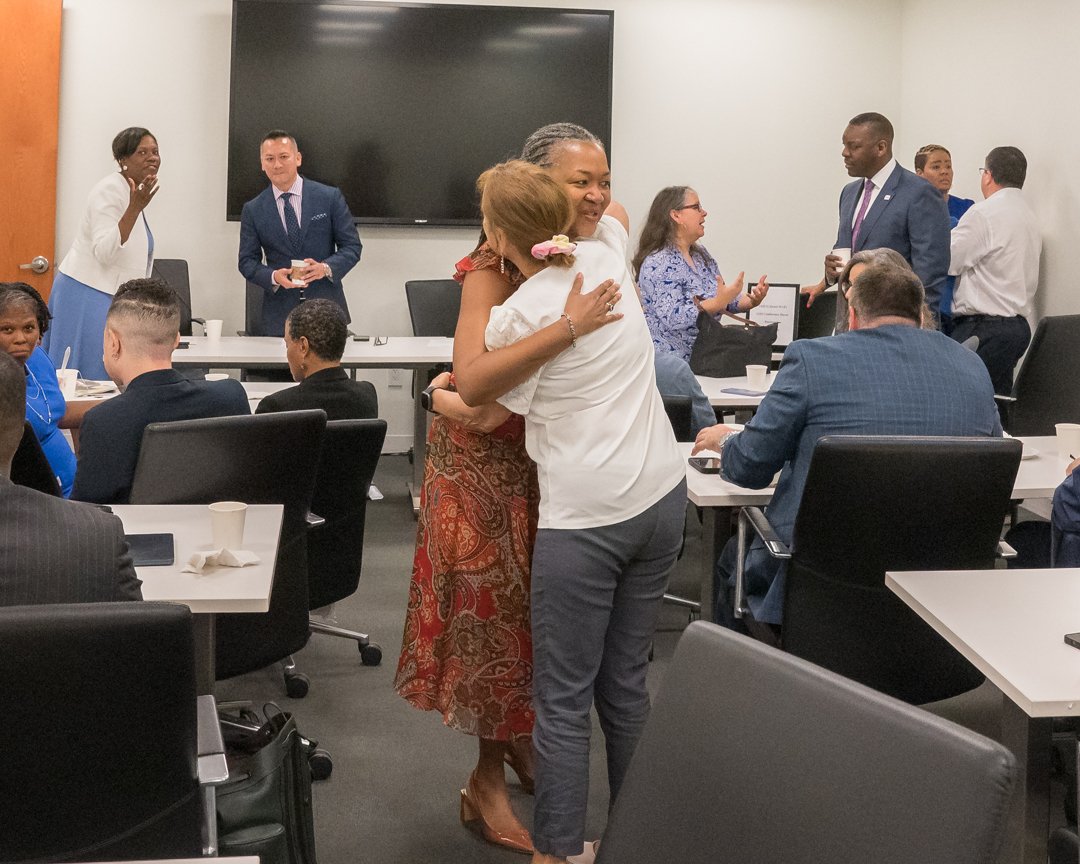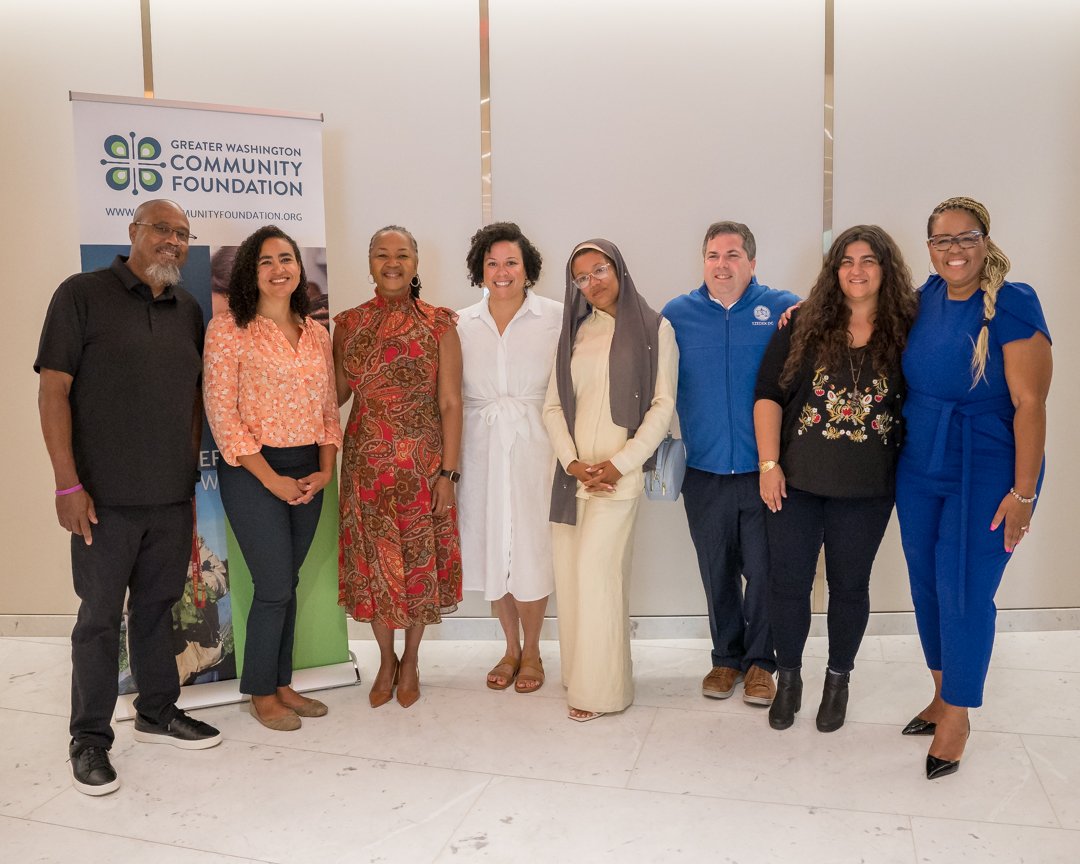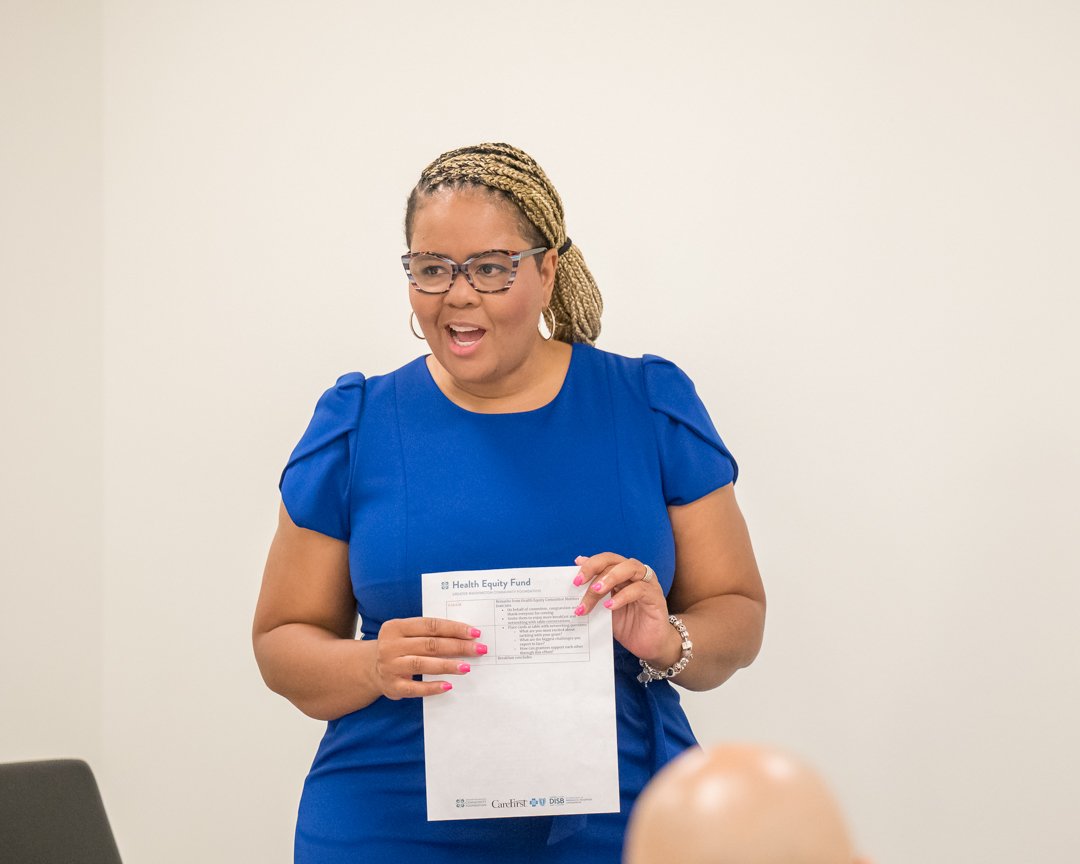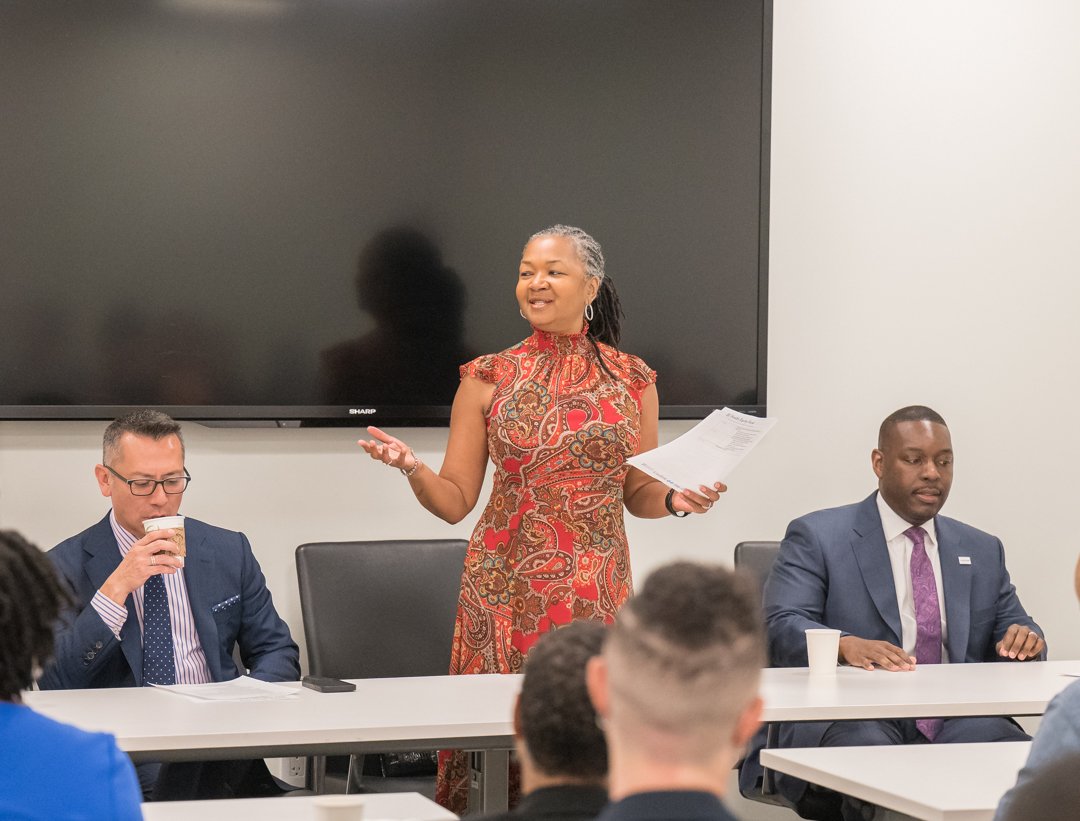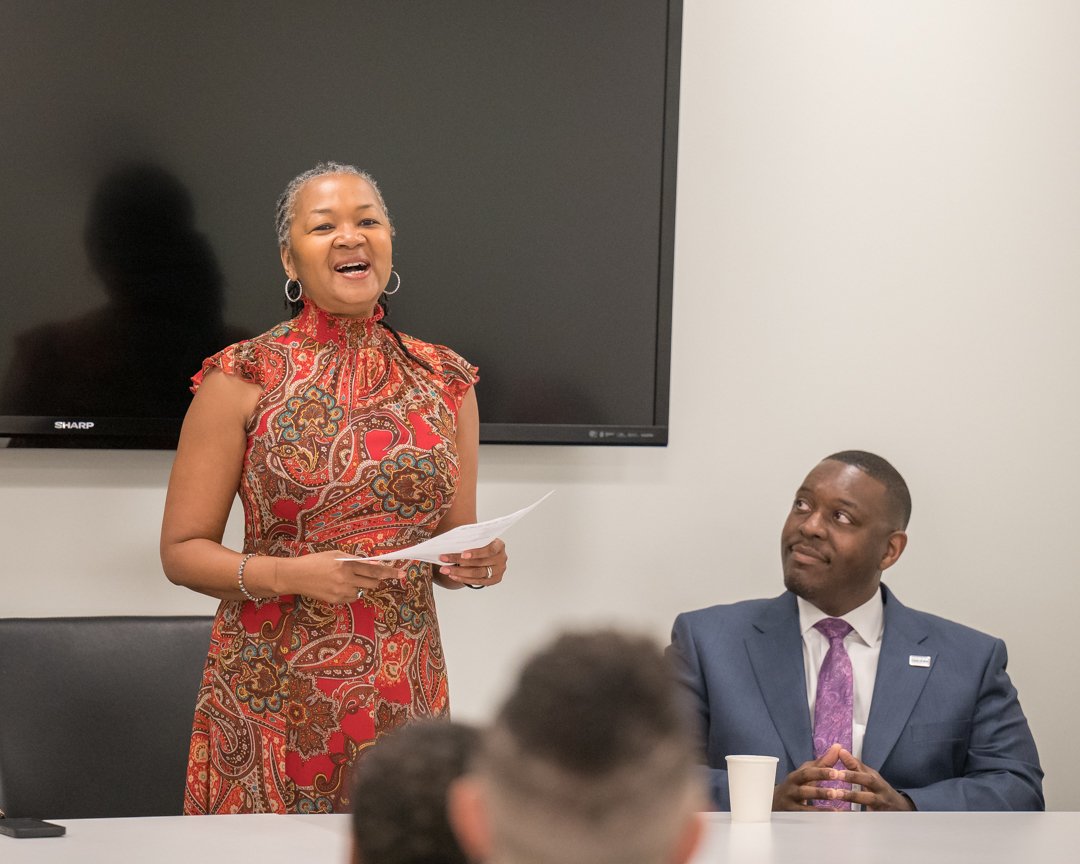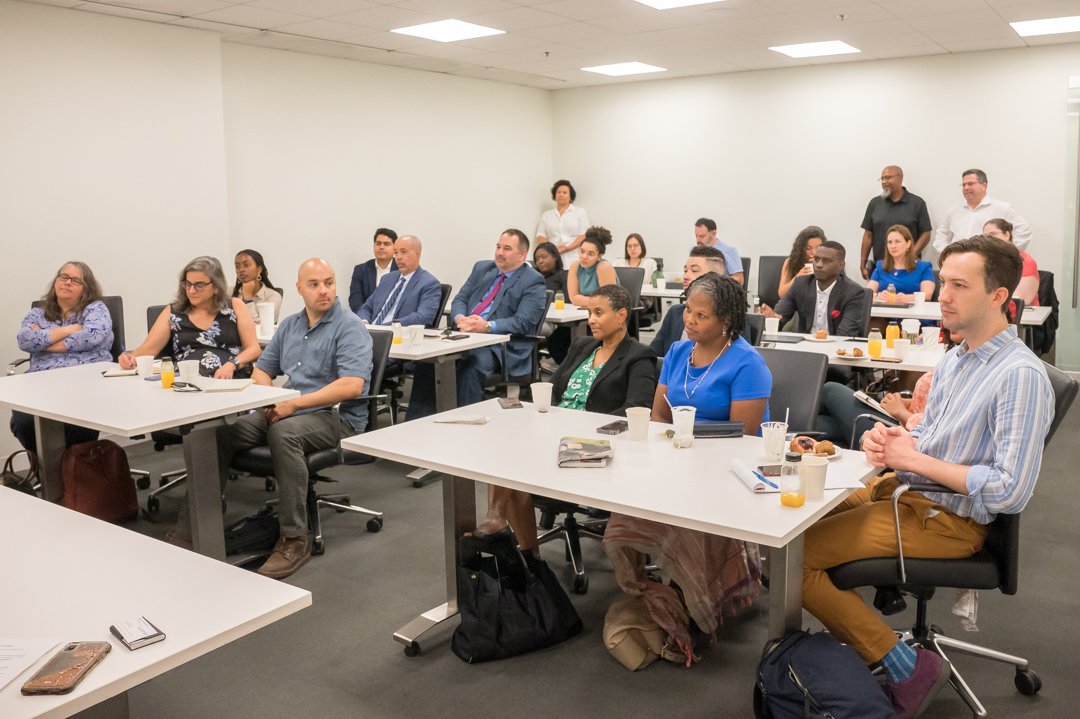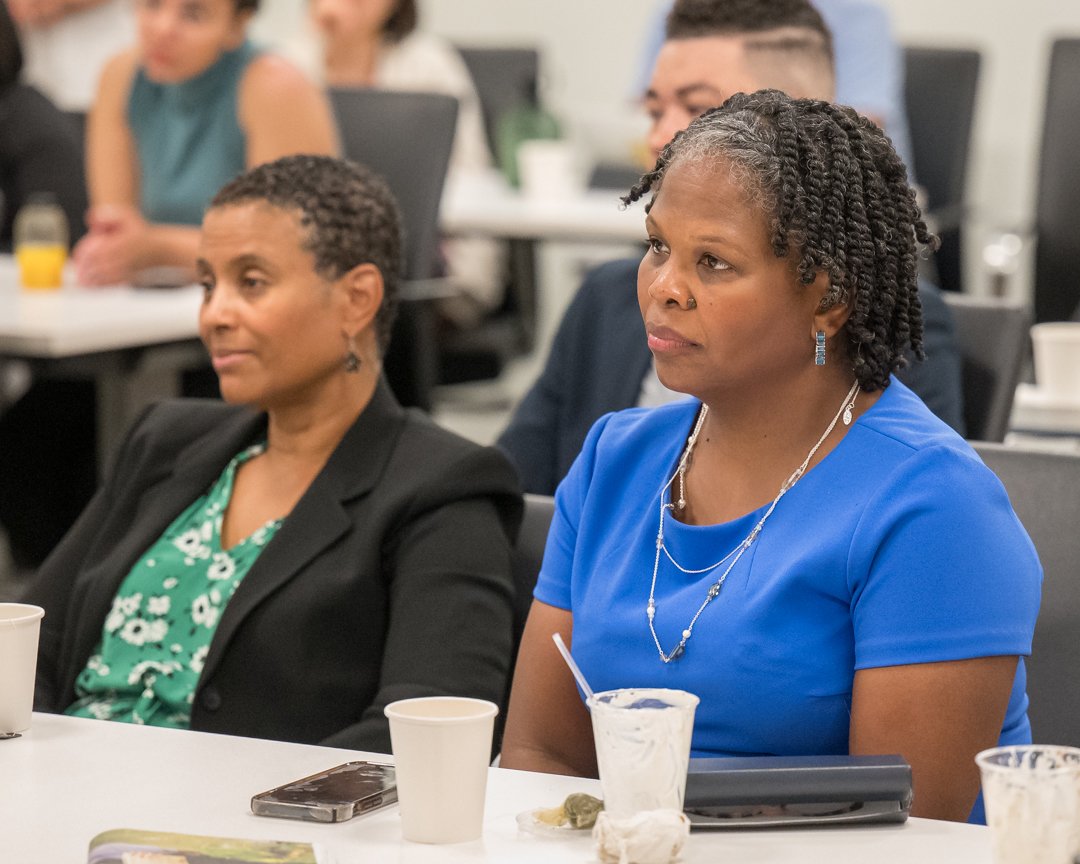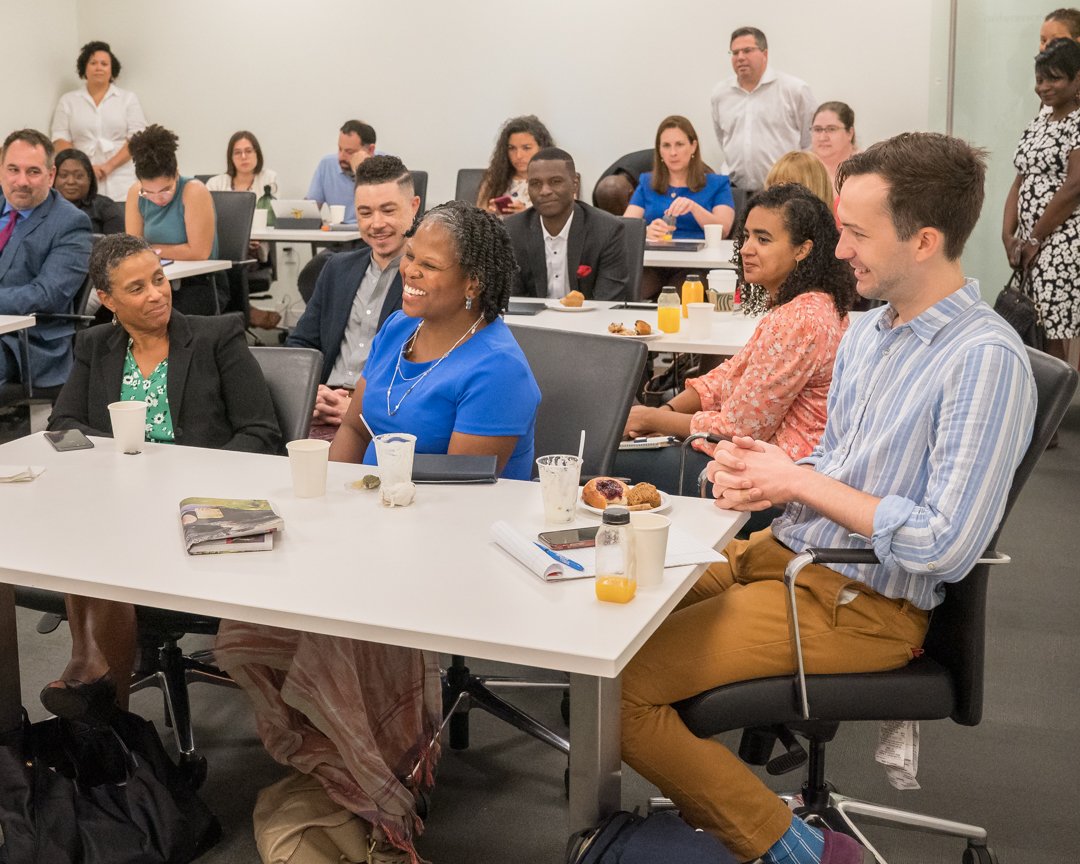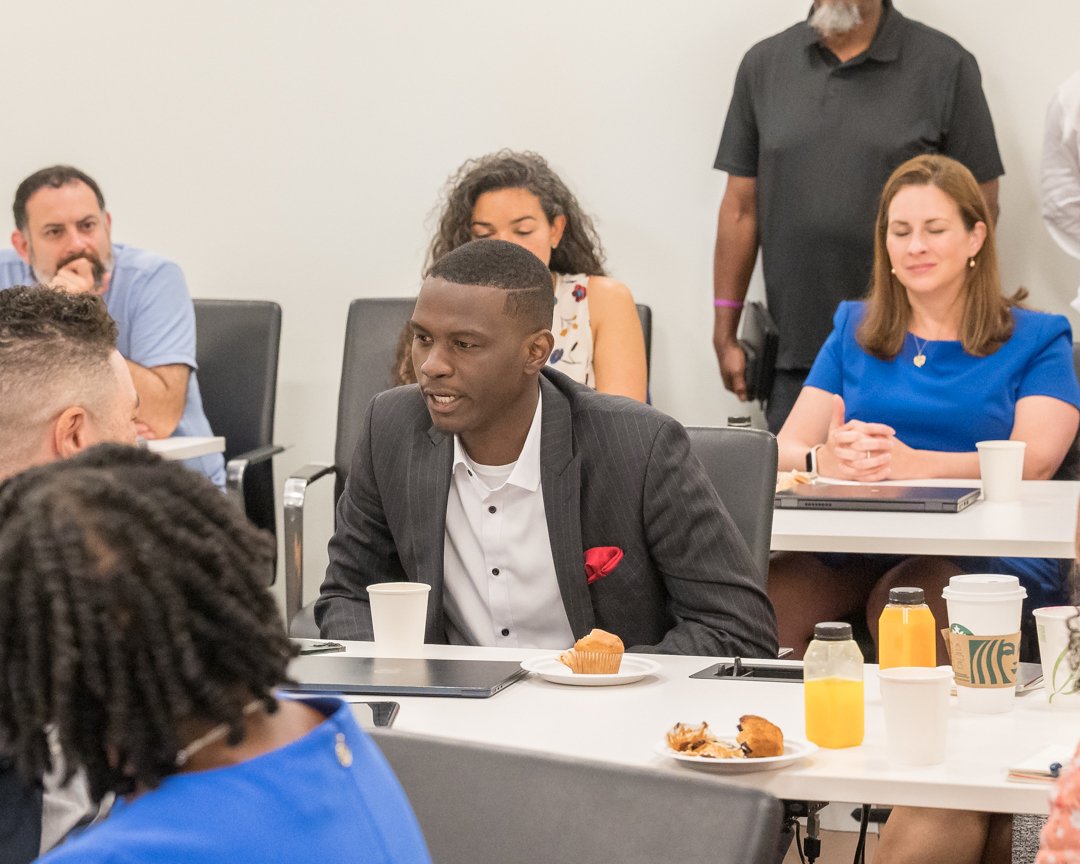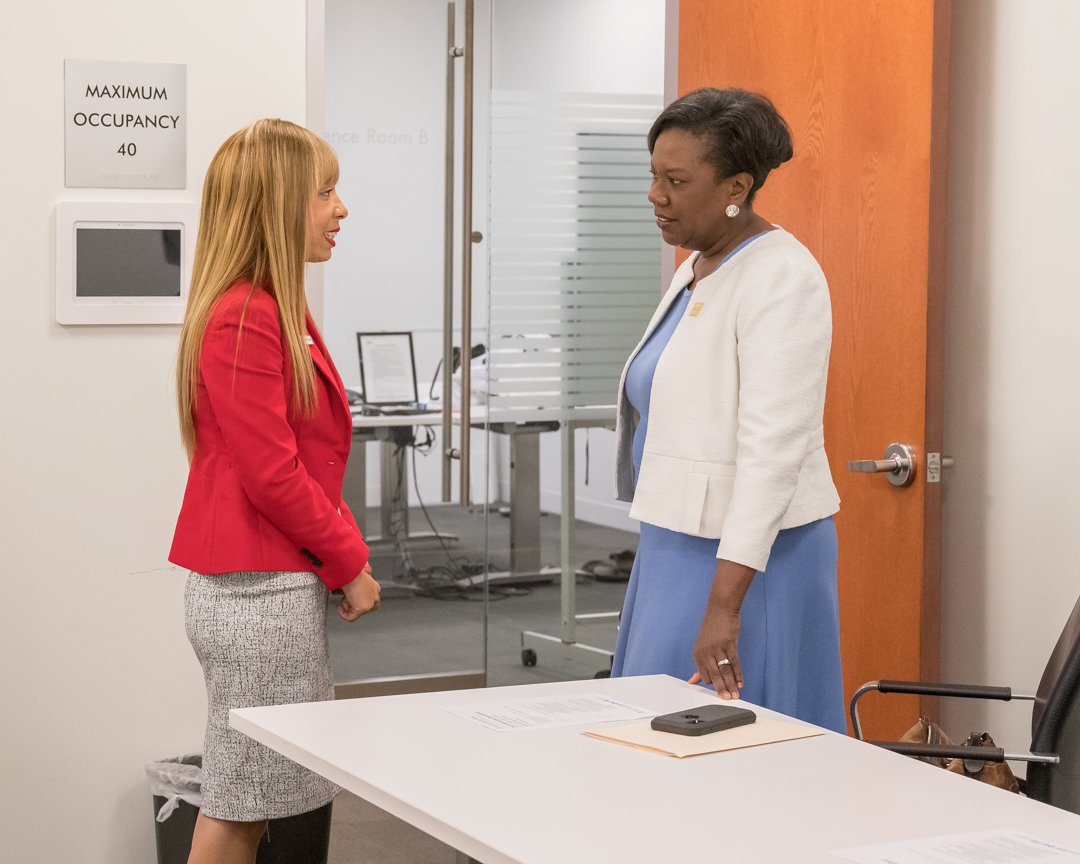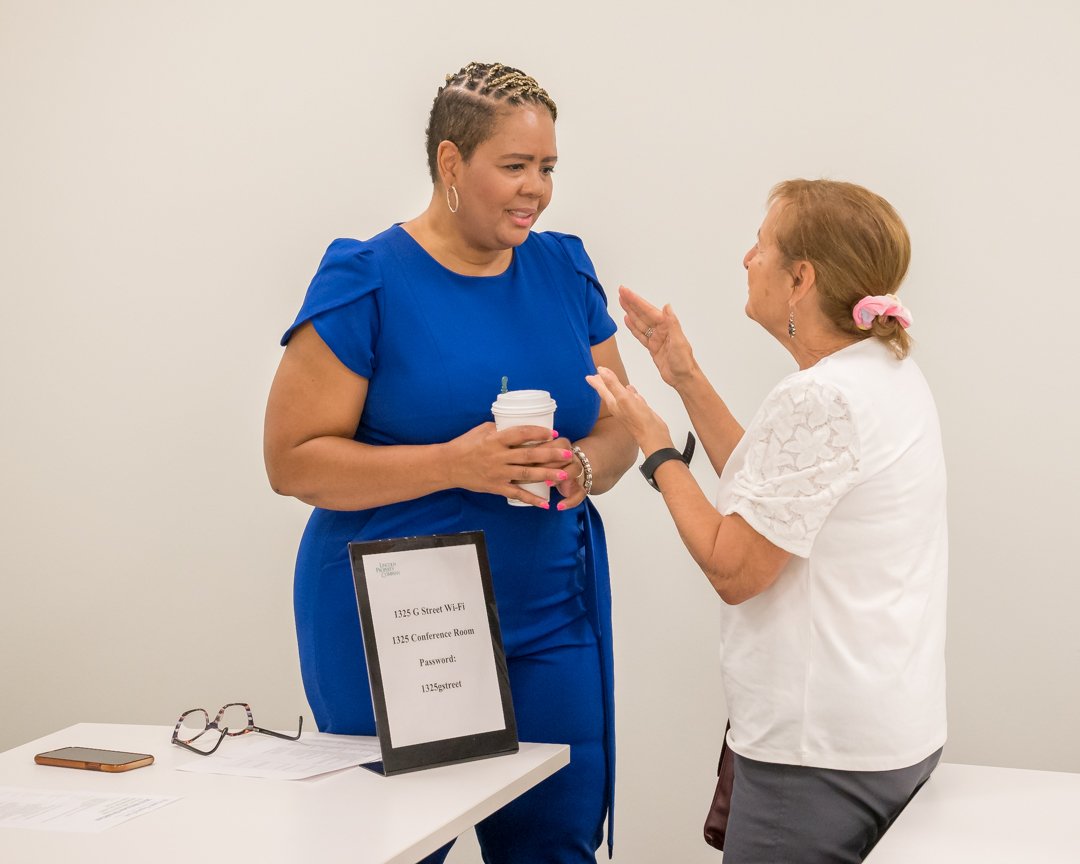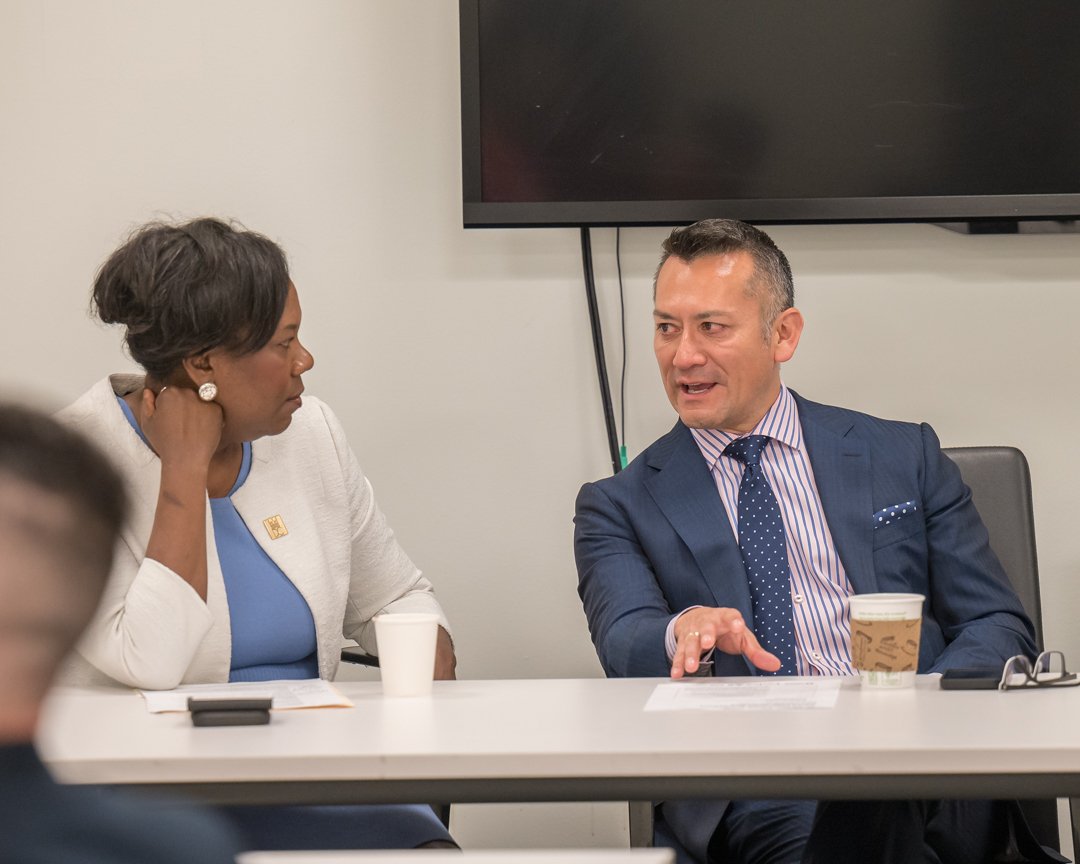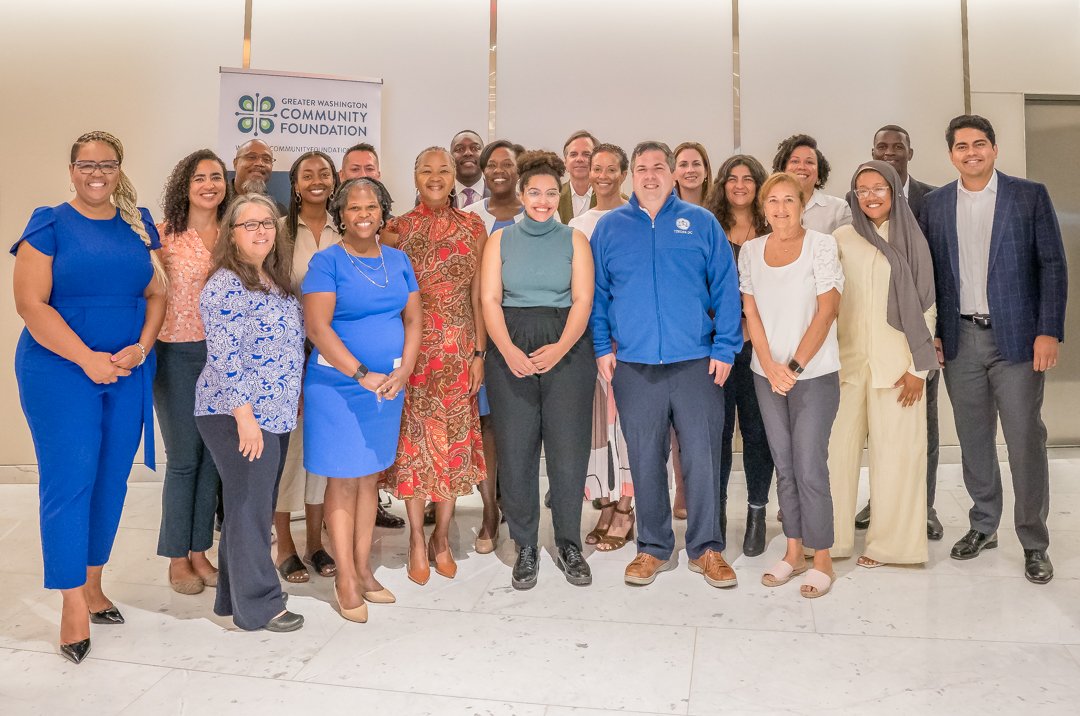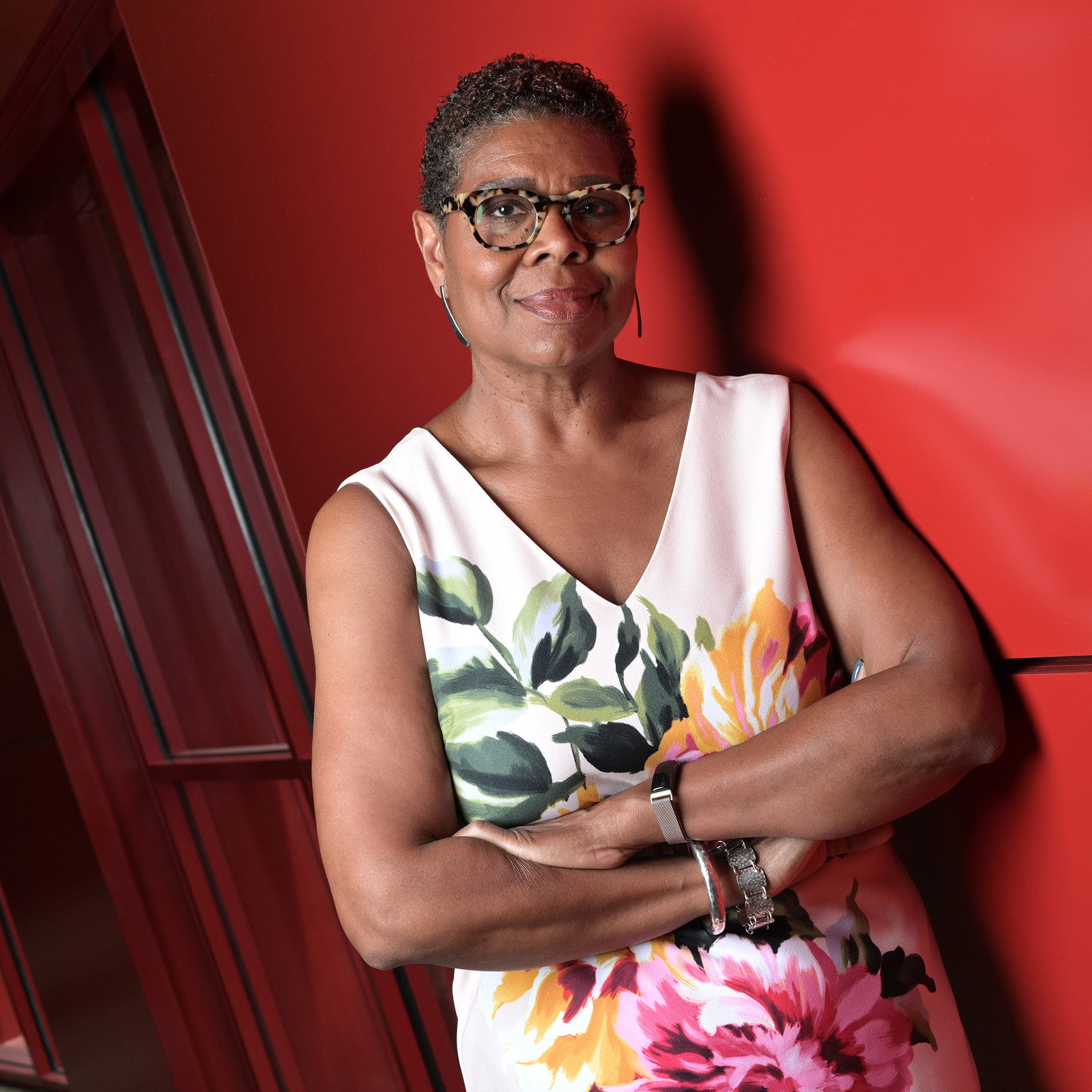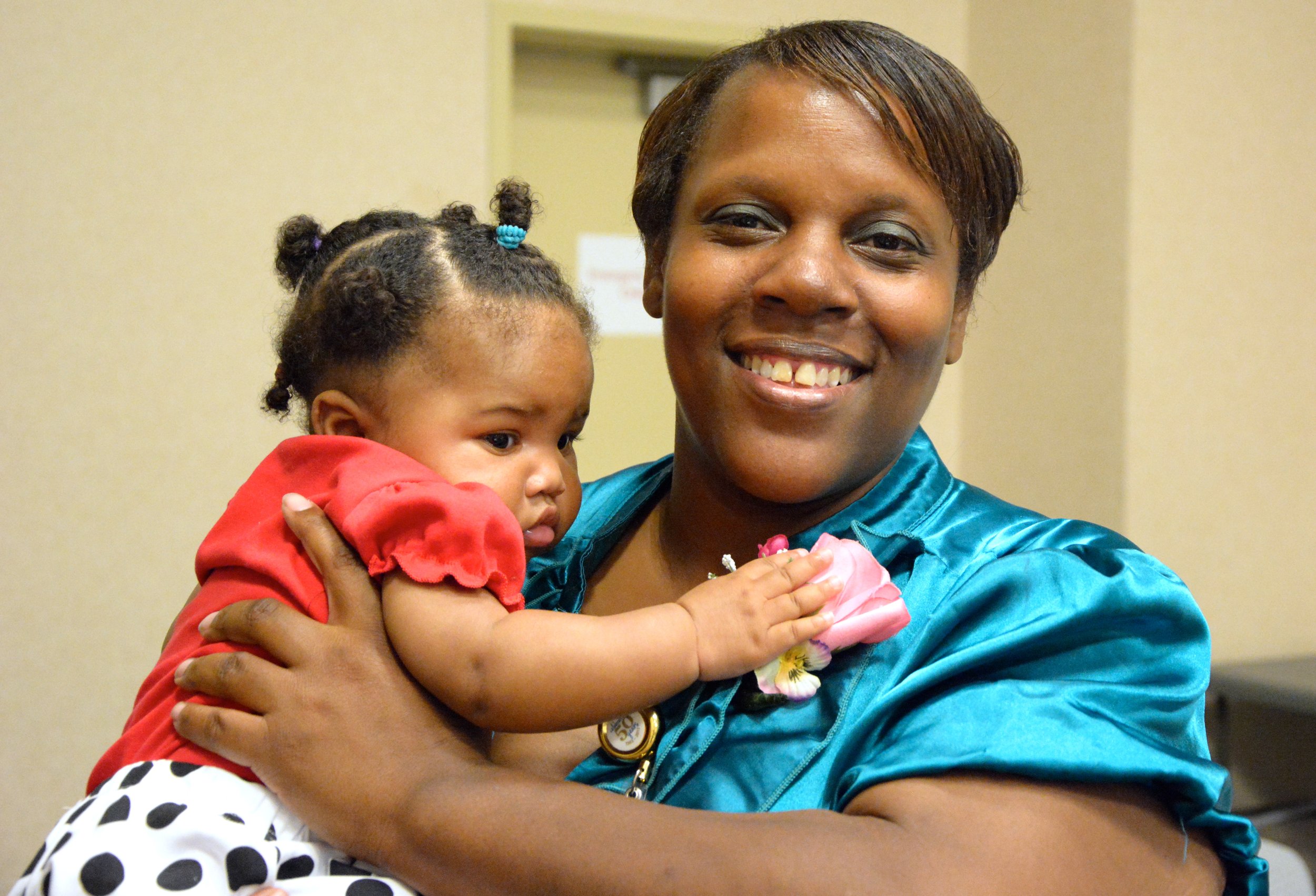In the wake of the tragedy that occurred on January 29th, the Capital Region Community Foundations came together to launch the DCA Together Relief Fund as a community-supported crisis response fund to ensure the families, first responders, and impacted communities receive the care, resources, and support they need during this difficult time. The outpouring of support in response to this effort has been inspiring – the Fund has received donations from more than 470 generous individuals and businesses from 27 states and several different countries.
These acts of kindness and generosity enabled us to make an emergency response grant to help Food on the Stove provide over 1,000 hot meals and hydration to first responders involved in the recovery efforts. With matching funds provided by the Wichita Foundation’s ICT Together Fund, Food on the Stove will continue its efforts to support first responders with the launch of Food for Thought—an initiative designed to foster mental health awareness for first responders through weekly events offering food, mental health resources, counseling, and prayer services.
Food on the Stove Founder Jonathan Tate shared with us:
“Over the past week, I’ve had the honor—though it comes with deep sadness—of serving alongside my fellow first responders. While we mourn the lives lost in this tragic incident, we also honor the heroes who rise to the occasion—no matter how dangerous, traumatic, or overwhelming the circumstances may be. It is their courage and resilience that allow us to face these crises head-on.”
Image Courtesy of Jonathan Tate from Food on the Stove
With the recovery operation now complete, we know the families are returning home and will face additional challenges that require ongoing financial and emotional support. We are coordinating with local authorities, community partners, and other relief funds to ensure your generosity can provide a second wave of support to help meet their immediate and long-term needs, as well as foster community recovery and healing. We will provide updates as the relief effort continues to unfold.
Our hope is that this incredible outpouring of support can help provide some comfort and healing for the families, loved ones, and communities impacted by this crisis.
Community members interested in learning more or to support this effort can visit https://donate.thecommunityfoundation.org/dcatogether.
About the Capital Region Community Foundations
The Capital Region Community Foundations is a partnership among several of our region’s leading community foundations including ACT for Alexandria, Arlington Community Foundation, Community Foundation for Loudoun and Northern Fauquier Counties, Community Foundation for Northern Virginia, and Greater Washington Community Foundation. Together, the community foundations serving the region have a more than 100-year history as community connectors and conversation brokers who work tirelessly to preserve, enhance and protect the quality of life for our neighbors. This role often places us directly in the middle of our community’s most important decisions, most pressing issues, and most promising opportunities.






















